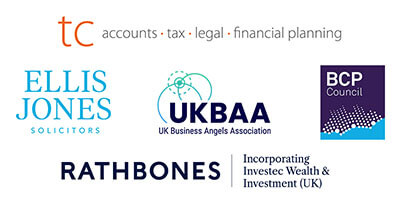Employee option share schemes have proven to be a successful means of incentivising employees and other members of companies’ workforces. They can be an attractive proposition for both the employer and the recipient of the incentive the following reasons:
- Tax efficient way to remunerate employees
- Assist with recruitment
- Encourage key employees and team members to stay with you
- Improve staff performance
Some of these schemes benefit from tax advantages, whilst others do not. However the tax benefits of a tax-advantaged scheme (HMRC pre-approved) can only be enjoyed if the participant in the scheme meets certain specific criteria.
Many of our clients operate a workforce that (either wholly or partly) does not satisfy the criteria of the HMRC pre-approved schemes. This article looks at two of the more commonly used alternative schemes available:
- Long term Incentive Plans (“LTIPs”)
- Phantom Option Plans (“POPs”)
LTIPs
LTIPs are a discretionary share incentive arrangement designed to incentivise executives. The scheme acts as an incentive arrangement where performance is measured over a period of one year or more (typically three years) at the end of which, if relevant performance conditions have been met, shares are awarded to the participant.
Under LTIPs, shares are awarded to participants (typically senior executives) at nil or nominal cost, upon the satisfaction of a performance condition. Awards can be made in a number of forms, including:
- conditional share awards
This is a contract under which free shares are delivered to the participant when certain conditions have been achieved.
- nil (or nominal) cost share options
This is a contract under which the participant can call for free shares to be delivered to him when certain conditions have been achieved.
- Forfeitable shares
Under this type of award, free shares are delivered to the participant when the award is made. If the conditions of the award are not met, the shares are forfeited.
The tax treatment of LTIPs depends on the type of award granted and whether granted to an individual or a company. The tax treatment of these schemes can be quite complex and would require input from your accountant. We can, and do regularly, work with accountants to devise the best arrangement for you.
POPs
POPs are cash awards. The value of the award is linked to the value of the company’s shares. These awards can be linked to the growth in value of the company’s shares (i.e. to a notional value) or to the current value. They are discretionary mechanisms often used by private or overseas companies to grant awards to employees. POPs mirror share options, but will likely be used in circumstances where granting share options is not appropriate or possible.
As POPs do not involve the issue of any new shares, they permit the current balance of power between the shareholders of the company to be retained. Further, a phantom right can be valued using a formula which produces a different result from the actual market value of a share. Some benefits of POPs are:
- POPs can prove more effective as short term cash incentives.
- POPs do not require investment into the company or any dilution of shares already issued.
- Tax
- Tax treatment of POPs should be simple as it mirrors that for cash bonuses.
- There will not be any income tax on the grant of the POP.
- Tax liabilities arising from POPs should be able to be met by the participants from the cash payment itself.
However, specialist tax advice must be obtained prior to implementing a POP.
How Ellis Jones can help
We have assisted many of our clients to set up these schemes. If you would like to discuss any of the above options further or would be interested in discussing how your business might seek to incentivise its key workers, please contact Neil Cook on 01202 057750 or at Neil.Cook@ellisjones.co.uk.




